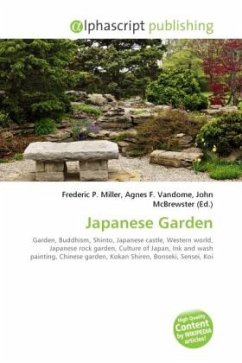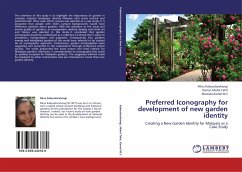Japanese gardens, that is, gardens in traditional Japanese style, can be found at private homes, in neighborhood or city parks, and at historical landmarks such as Buddhist temples, Shinto shrines and old castles. Some of the Japanese gardens most famous in the West, and within Japan as well, are dry gardens or rock gardens, karesansui. The tradition of the Tea masters has produced highly refined Japanese gardens of quite another style, evoking rural simplicity. In Japanese culture, garden-making is a high art, intimately related to the linked arts of calligraphy and ink painting. Since the end of the 19th century, Japanese gardens have also been adapted to Western settings. Japanese gardens were developed under the influences of the distinctive and stylized Chinese gardens. One of the great interest for the historical development of the Japanese garden, bonseki, bonsai and related arts is the c. 1300 Zen monk Kokan Shiren and his rhymeprose essay Rhymeprose on a Miniature Landscape Garden. The tradition of Japanese gardening was historically passed down from sensei to apprentice. In recent decades this has been supplemented by various trade schools.
Bitte wählen Sie Ihr Anliegen aus.
Rechnungen
Retourenschein anfordern
Bestellstatus
Storno








